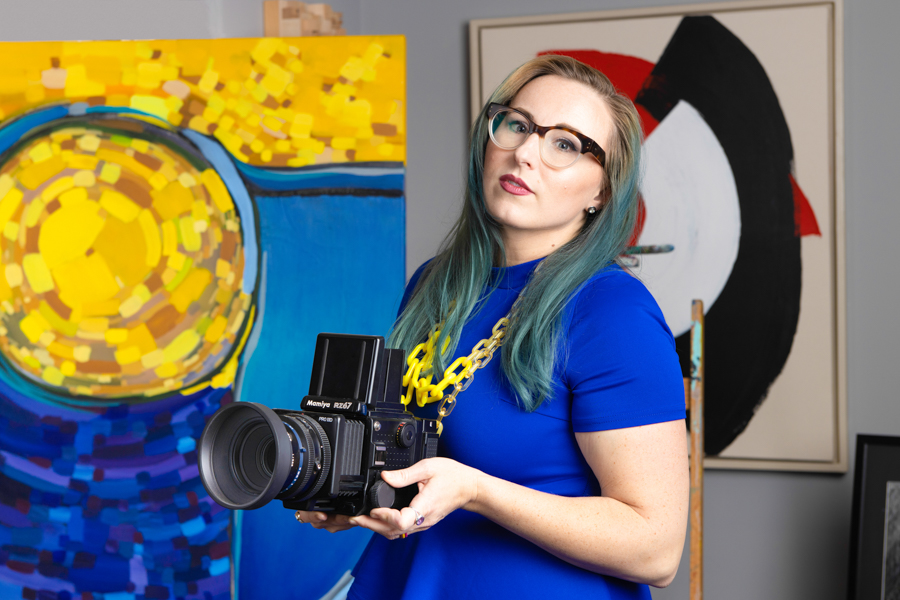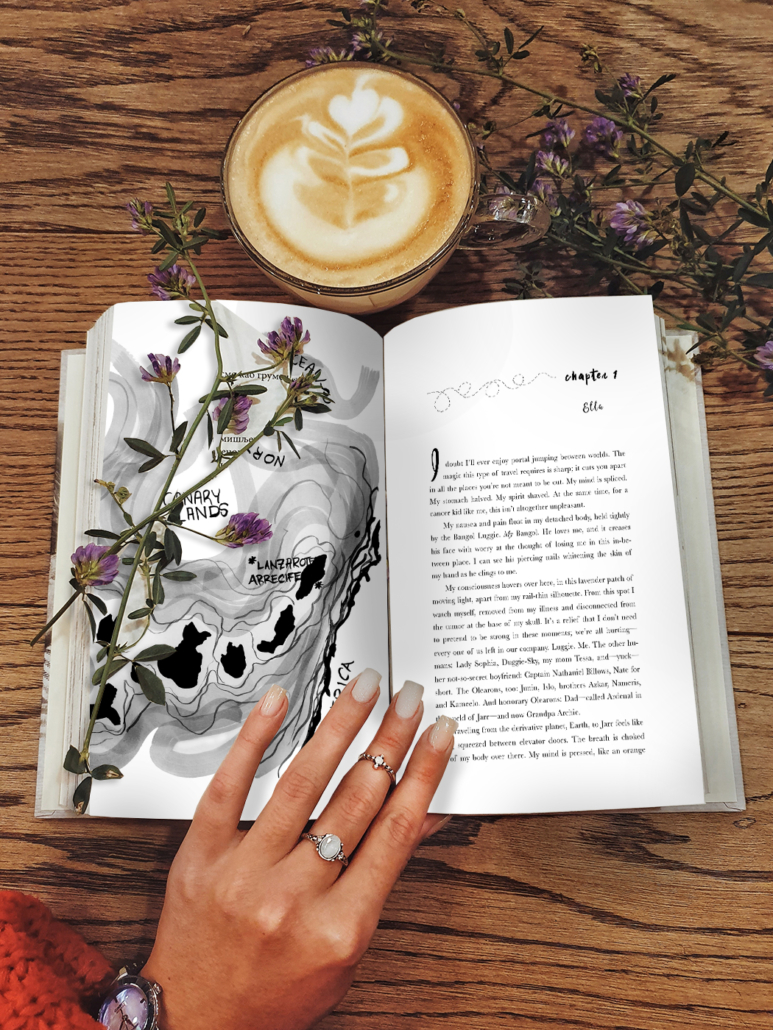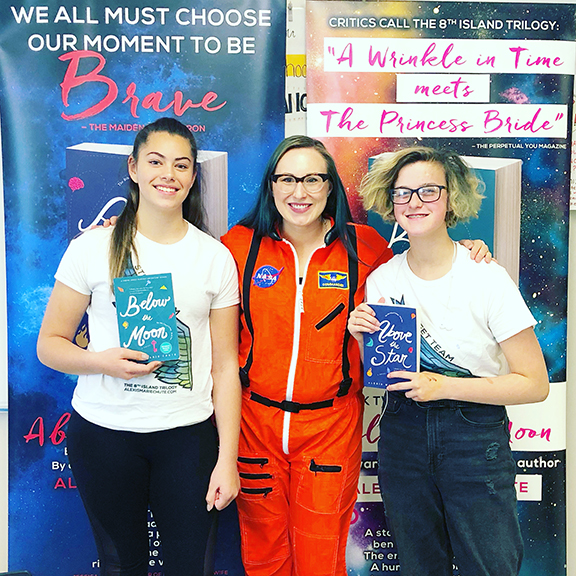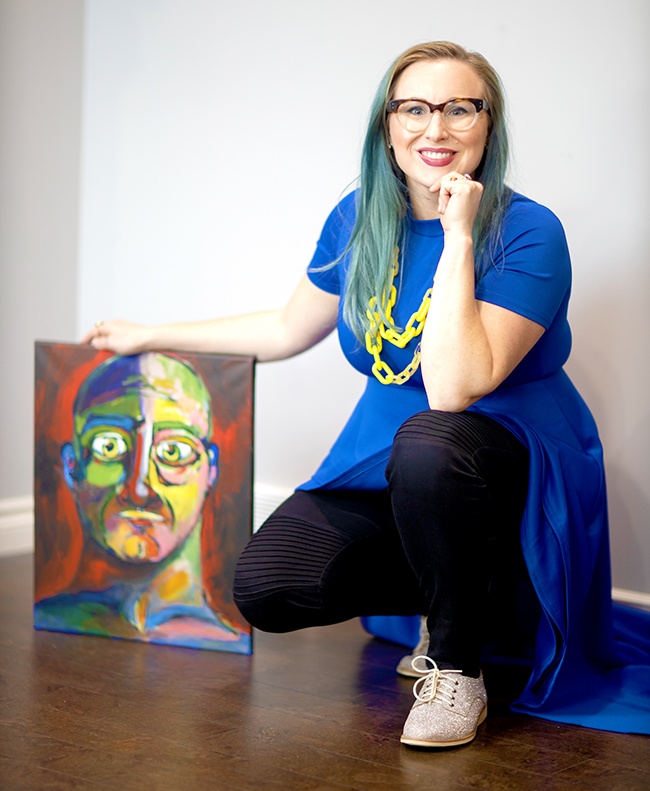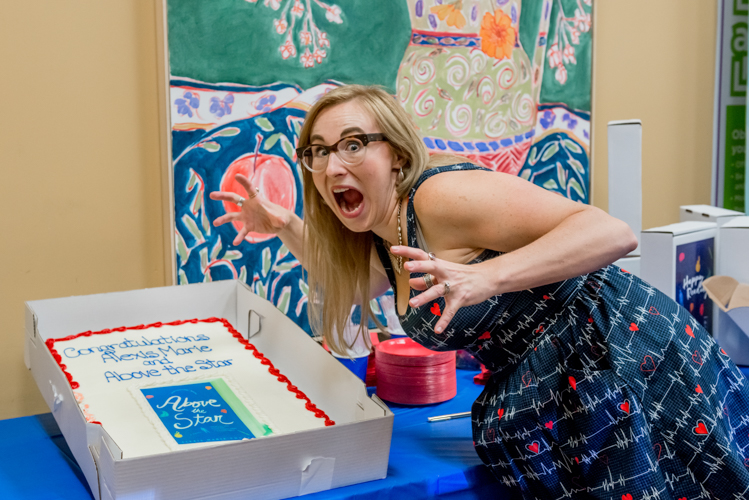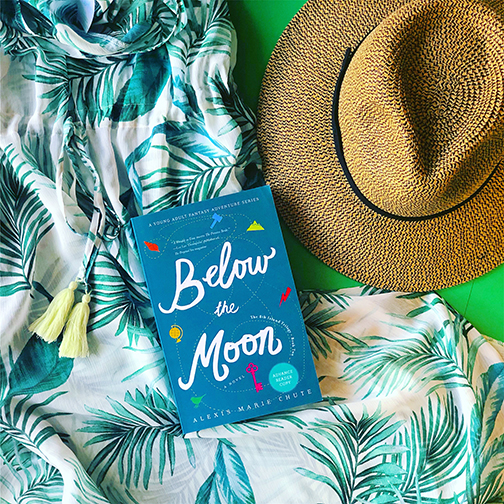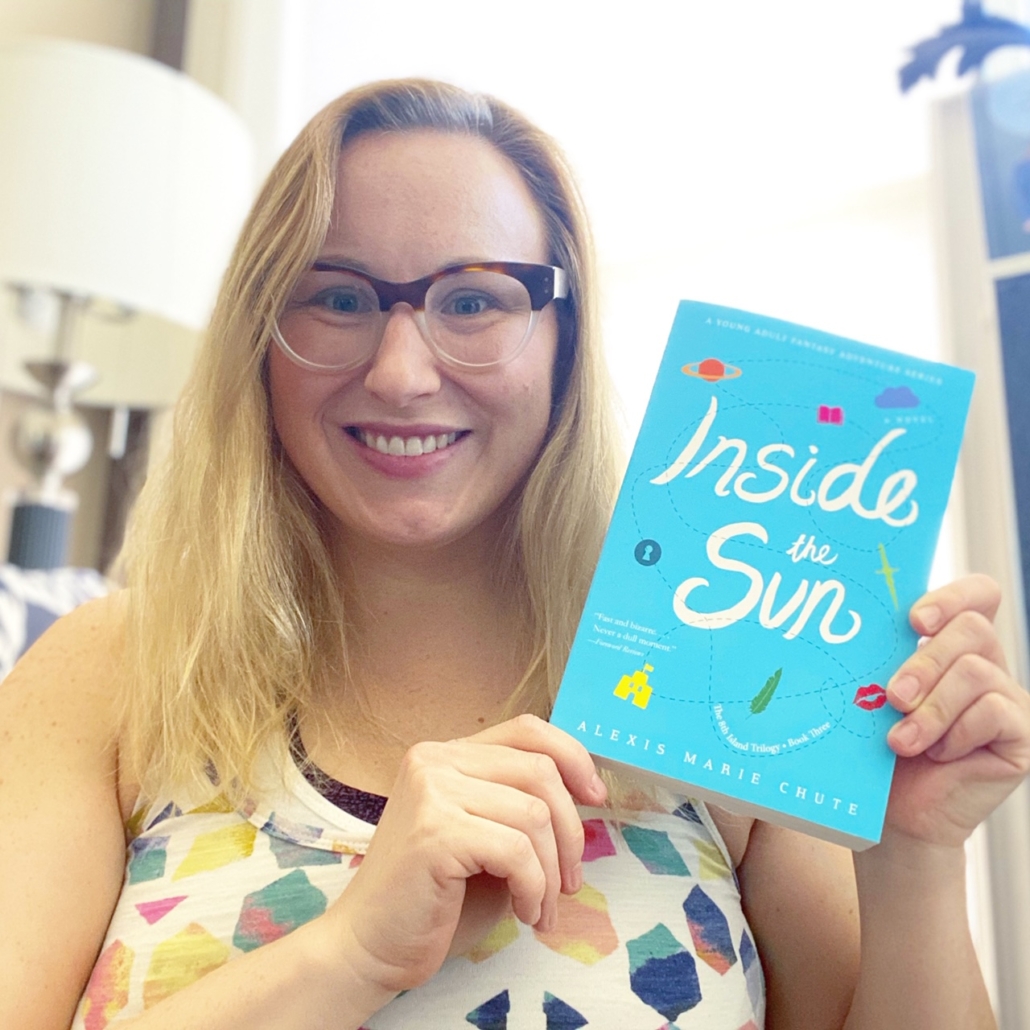The Gift of Literacy: Reflections from the life of World War Two Survivor Eva Olsson
Yesterday I visited the school where my husband is a vice principal. I wanted to see him, true, but the main reason I popped in was to hear Eva Olsson speak. She was visiting Edmonton to present to students in the Sturgeon School Division, traveling from her home city of Toronto, Canada.
Eva is a World War Two survivor and her stories were arresting. She used her experience with the “Nazi bullies” to implore the children in the audience to stop using the word hate and instead treat each other with compassion and respect.

She told the story of how her family was lined up with thousands of other Jews and separated. One group went to the gas chambers. The other group was put into work camps. Eva was just a teenager. Her mom was separated from her, sent to be murdered, and that was the last time they saw each other.
Eva’s father went to a work camp and died of starvation. The photo Eva showed was of a long line of bodies so thin that their stomachs caved in and the people were literally just skin and bone. It was like a collection of arching ribcages. The image made me shudder.

Eva and other girls her age were sent to another work camp. They slept outside on the grass – even when it was raining – and spent winter nights in a mud hole like pigs. They were all given wooden clogs, not in their size, and had no socks. Their feet were covered in blisters.
“May a new love for humanity be born out of the horrors we have known.” From the Scroll of Remembrance at Bergen-Belsen
Eva spoke of the power of hate to do such horrible things to other people. She also critiqued the bystanders of Europe who let this horrible tragedy of genocide take place. Her message was that bystanders – even those of today – that watch evil happen and do nothing are just as guilty.
I felt incredibly proud to hear such morality praised and advocated for – and also a little uncomfortable. Sometimes it feels our culture is very grey. We don’t want to upset others with our values so we water them down. Tolerance is at the forefront. Eva’s message actually felt wonderfully refreshing! There is right! There is wrong! We must be resolute in our convictions.
At one point she asked all the junior high kids: “Who does NOT like going to school?”
A large number of hands went up.
(Being a bookworm and an education-addict, I cringed when I saw the hands.)
What was Eva’s response?
“SHAME ON YOU!” she said sternly.
Eva did not go to school as a child or youth. She could not read or write. This embarrassed her greatly. She so badly wished to get an education! (She now holds a PhD so I believe her wish did come true.)
This is one of Eva’s messages that will linger on with me forever.
I don’t want my children to take their education for granted. It is a gift.
“I cannot live in the past, but I must life with it. Perhaps writing my story will weaken the hold the past has had on me.” – Dr. Eva Olsson LLD (Hon.), FRCPSC
When I was younger and in grade school, I was bullied relentlessly. It wounded my spirit deeply and I too would have put up my hand saying I would rather be anywhere else than in the classroom. At the time, I didn’t appreciate school. Who does as a youth in North America where we don’t have to fight for it?
I hope to cultivate a love of education in my kids. The ability to read and write opens many doors, cultivates the imagination, allows for understanding and compassion for others, and creates a means for self-expression.
As both an avid reader and an author, I cannot imagine my life without the gifts of education and literacy. These are things I fight for in my life – not in grand ways, but they are priorities that I protect none the less. It can be as simple as turning off the TV to read a book. Choosing to use proper English even when texting. Reading to my children before I tuck them into bed even when I myself am oh so very tired.
I celebrate the stories my daughter writes on every piece of paper in the house. Her spelling is a mystery most days, but she is learning. She is hungry for it. What a gift! What a precious ability that we have which I hope we never, ever lose sight of. What a blessing!
I am so very thankful that Eva Olsson reminded me of this lesson – of the critical importance of literacy.
Eva’s life is inspiring. To read more about her, please click here.





